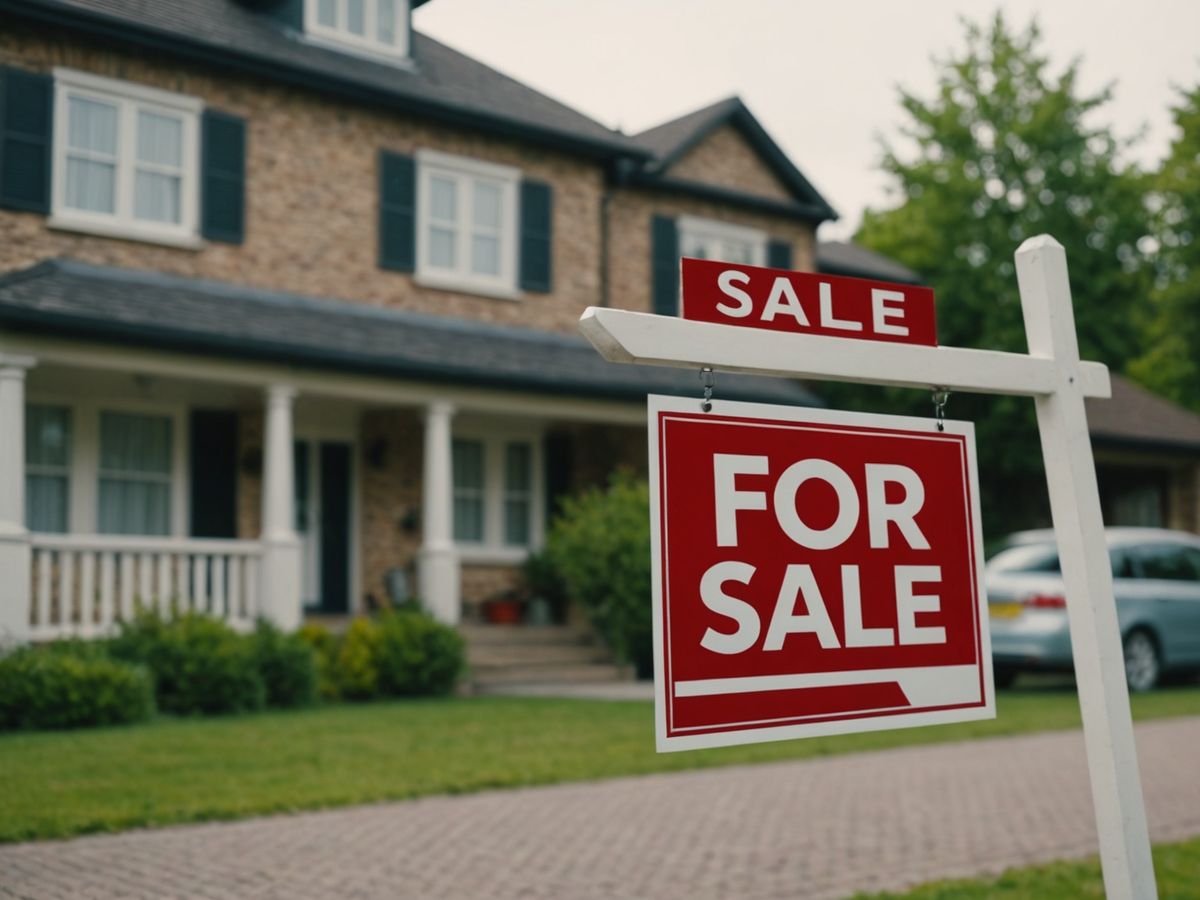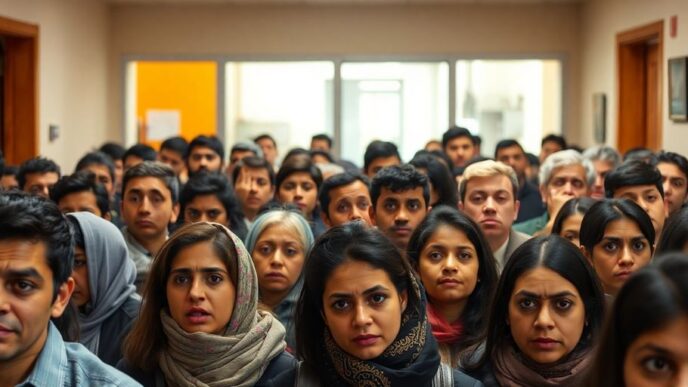Local councils across the UK have introduced a new council tax premium on second homes, sparking criticism and debate. The tax aims to address housing shortages and generate revenue for local services, but its effectiveness and fairness are under scrutiny.
Key Takeaways
- Local councils can now charge a 100% council tax premium on unoccupied homes after one year.
- Critics argue the tax unfairly targets second homeowners and generates minimal revenue.
- The policy aims to deter out-of-towners from buying homes and pricing out locals.
- Financial strain on local authorities is a driving factor behind the tax.
New Council Tax Premium
Since April, local authorities have been permitted to charge a 100% council tax premium on homes left unoccupied for more than a year. This change reduces the previous period from two years to one, allowing councils to implement the surcharge more quickly.
Impact on Second Homeowners
The new tax has been met with criticism, particularly from second homeowners who feel unfairly targeted. In nearly two-thirds of the 146 councils that have adopted the double tax, fewer than 1% of properties are second homes. In no local authority do second homes make up more than 8.6% of dwellings.
Revenue Generation
Despite the controversy, the revenue generated from this tax is relatively small. For example, Gravesham Borough Council raised just £43,013 last year from taxing second homeowners, with only 23 properties classified as second homes. Similarly, Newcastle-Under-Lyme collected £55,000, where second homes account for one in 2,000 properties.
Financial Strain on Councils
The introduction of the tax comes at a time when local authorities are under severe financial strain. Some councils, including Birmingham City Council, have faced financial difficulties, with local politicians warning that finances are being pushed to the brink.
Criticism and Support
Critics argue that the tax’s minimal revenue does not justify its existence and that it unfairly targets homeowners who were never intended to be affected, such as home movers and low-income households. Elliot Keck of the TaxPayers’ Alliance stated that local authorities should focus on cutting waste and finding efficiencies rather than continuously tapping up taxpayers.
On the other hand, the Local Government Association supports the tax, arguing that it will help free up houses for locals to buy or rent. A spokesman emphasized the desperate need for more affordable housing and stated that the council tax premium is one way to encourage owners to bring properties back into permanent use.
Conclusion
The new council tax premium on second homes has sparked a heated debate. While it aims to address housing shortages and generate revenue for local services, its effectiveness and fairness remain contentious. As local authorities continue to face financial challenges, the impact of this tax will be closely monitored.
Sources
- Councils hit second homeowners with cynical tax raid, The Telegraph.













